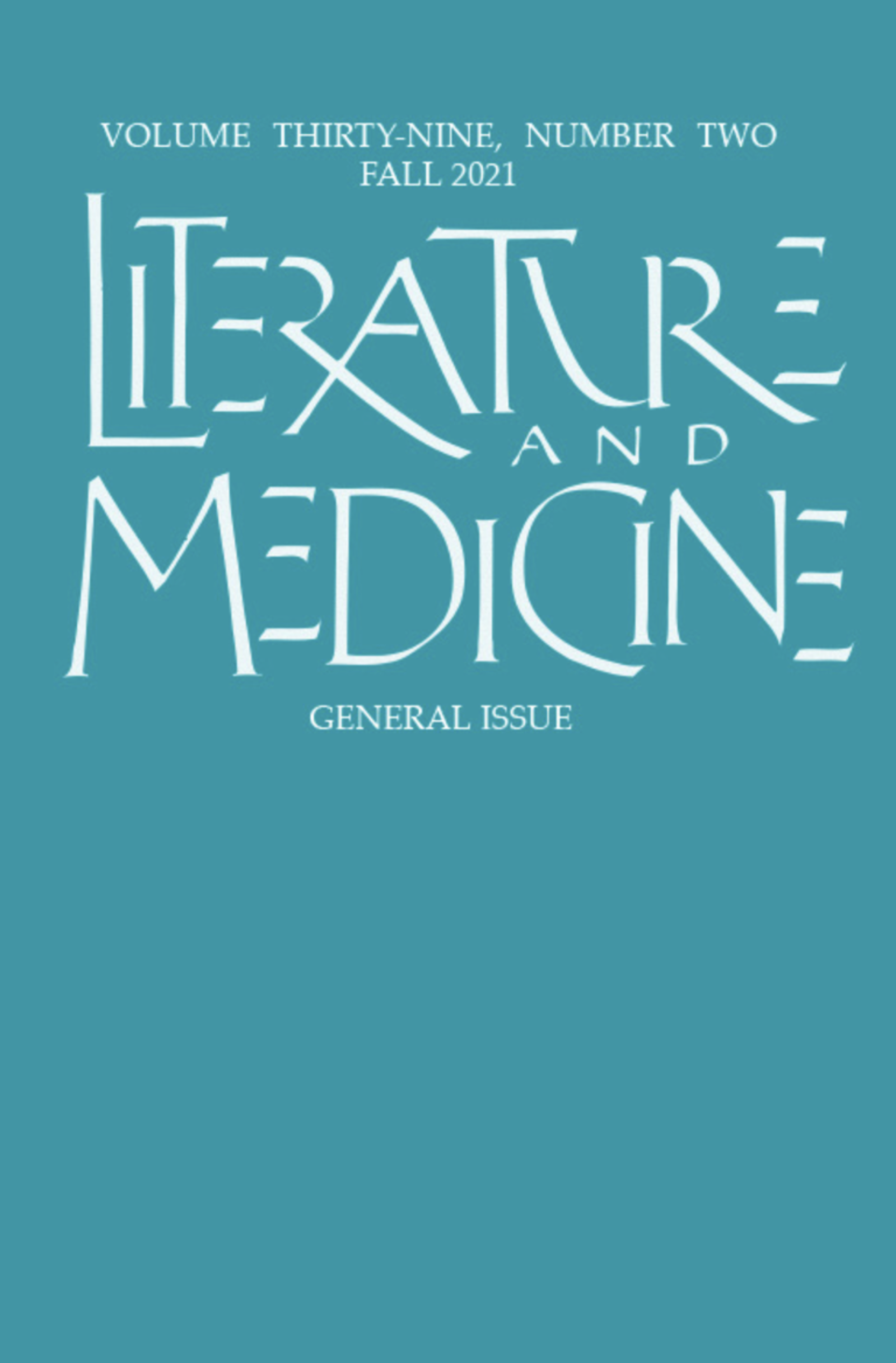Rebecca Garden, a public health scholar with an interest in bioethics, shares her observations of how people’s experiences under the COVID-19 pandemic drastically differed based on socioeconomic status, race, and disability in the US in her academic article, “Unmasking Inequality in our Pandemic Narratives.” Despite the collective anxiety of being infected by COVID-19 which seemed to unify people across the US, Garden remarks that stories of lockdown from disadvantaged groups have been excluded from the mainstream, listing examples such as essential workers, people without homes, and people living in institutions who did not share the experience of working or self-isolating from home. She adds that states and healthcare facilities formulated policies that gave people with disabilities and chronic illnesses lower priority access to life-saving treatment like ICU beds and ventilators, which demonstrated how the pandemic exposed institutionalized ableism.
Drawing on research by scholars and social justice activists, she argues that the inequities from being a person of color, in poverty, and disabled compound and intersect to put people’s health at higher risk, quoting health policy experts Mediate and Wen, “COVID-19 has laid bare the tragic reality that it is bad for your health to be poor in the United States, and it is even worse to be a poor person of color” (qtd. in Garden 222). As a white person and university professor, Garden acknowledges her privilege and power in exposing structural inequities, and shaping and disseminating pandemic narratives through scholarship and education, such as by identifying opportunities for and helping a Deaf New American woman, Monu Chhetri, submit her story about caring for her chronically ill daughter in a public healthcare system that did not provide interpreters to a bioethics journal, in hopes of seeking justice for Chhetri, members of her community, and other marginalized groups.
For Garden, the pandemic has been more exclusionary than it has been unifying and has posed a disproportionate amount of suffering and harm to members of society who are disabled, in poverty or people of color, thus elucidating the systematic weaknesses of US society that disadvantage the already vulnerable. In light of her findings, she poses the question, “How can we begin to repair and repay this debt our society owes for the loss and pain inflicted on those who bear the pandemic’s greatest burdens?” (Garden 223). Using herself as an example, she emphasizes that those in positions of privilege have the power to uplift disadvantaged individuals by bringing attention to disadvantaged narratives or identifying opportunities for them to make themselves heard.

Image Captions:
Cover image of Literature and Medicine, vol. 39, no. 2, 2021.Citation: Garden, Rebecca. “Unmasking Inequality in our Pandemic Narratives.” Literature and Medicine, vol. 39, no. 2, 2021, pp. 219–226, bit.ly/3WlA0lb. NON-FICTION, SCHOLARLY ARTICLE | US. ll
Source Type: Scholarship on COVID-19 Studies
Country: US
Date: 01-Dec-2021
Keywords: Disability, Inequity, Pandemic Narratives, People of Color, Poverty, and Public Health Policy, Inequity, Pandemic Narratives, People of Colour, Poverty, and Public Health Policy